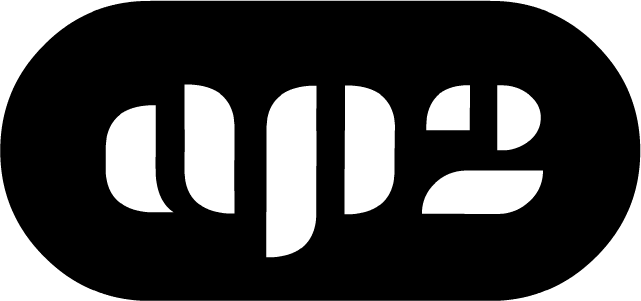Patterns of Interactions
2.1 Decision Making
Agent in the world has limited stocks of attention, time, energy, money, and other resources needed to accomplish goals at hand – and often just the most pressing goals they have on their list. Therefore…
Focus on identifying the user’s most important value creating goals in any given context, and on ease of use and clarity of your design solutions…
“Lorem Ipsum dorem est”
Agency’s primary feature is the ability to make decision. system has a goal and functions within a paradigm. Vision, goal, projection to drive action (expectation effect)
Making decision towards achieving Goals - tools and avoiding obstacles
Optimizing, Satisficing
Because of bioeconomy we have to preserve resources so… Satisficing and bounded rationality H Simon
People have limited physical and cognitive resources, so has to optimize: is embedded into the context noticing tools and obstacles aiming to set goals
scanning the world, limited cognitive economy, 60b or 60kb check (Shannon -> Hicks Law)
Ensuring that the salience landscape is not polluted with irellevant things, design context, affordancies
BJ Foggs model focus on Ability!!!
Cognitive fluency
Hicks Law, Cognitive Load and progressive disclosure https://dribbble.com/stories/2021/09/01/psychology-of-design?utm_campaign=2021-09-07&utm_medium=email&utm_source=opportunities
“People don’t care about you or your product. Only about their pains.” and then pains that are number one or two on their list, not number 8 or 10
2. People Have Limitations
People can only look at so much information or read so much text on a screen without losing interest. Only provide the information that's needed at the moment (see progressive disclosure above).
Make the information easy to scan.
Use headers and short blocks of info or text.
People can't multi-task. The research is very clear on this, so don't expect them to.
People prefer short line lengths, but they read better with longer ones! It's a conundrum, so decide whether preference or performance is more important in your case, but know that people are going to ask for things that actually aren't best for them.
Efficiency - Resilience (former cheap, later expensive)
Simple heuristics, habits, old way of doing things (Pattern of Iterating)
Habit forming / efficiency
To counter parasitic processes
Varvekee
Limiting vs opening (8fold path)
Bad habits, addiction is “reciprocal narrowing”
bioeconomy, prefered status quo,
-
lorem
-
lorem
-
Lorem
-
Herbert Simon, The Science of the Artificial
Nassim Taleb, Antifragile
Evan Thompson, Mind in Life
Farnam Street
